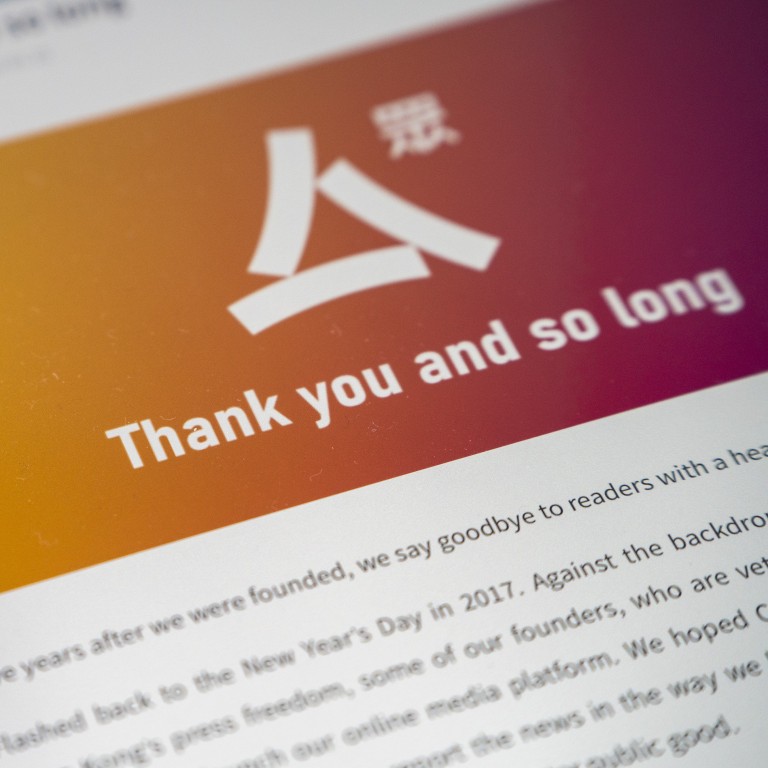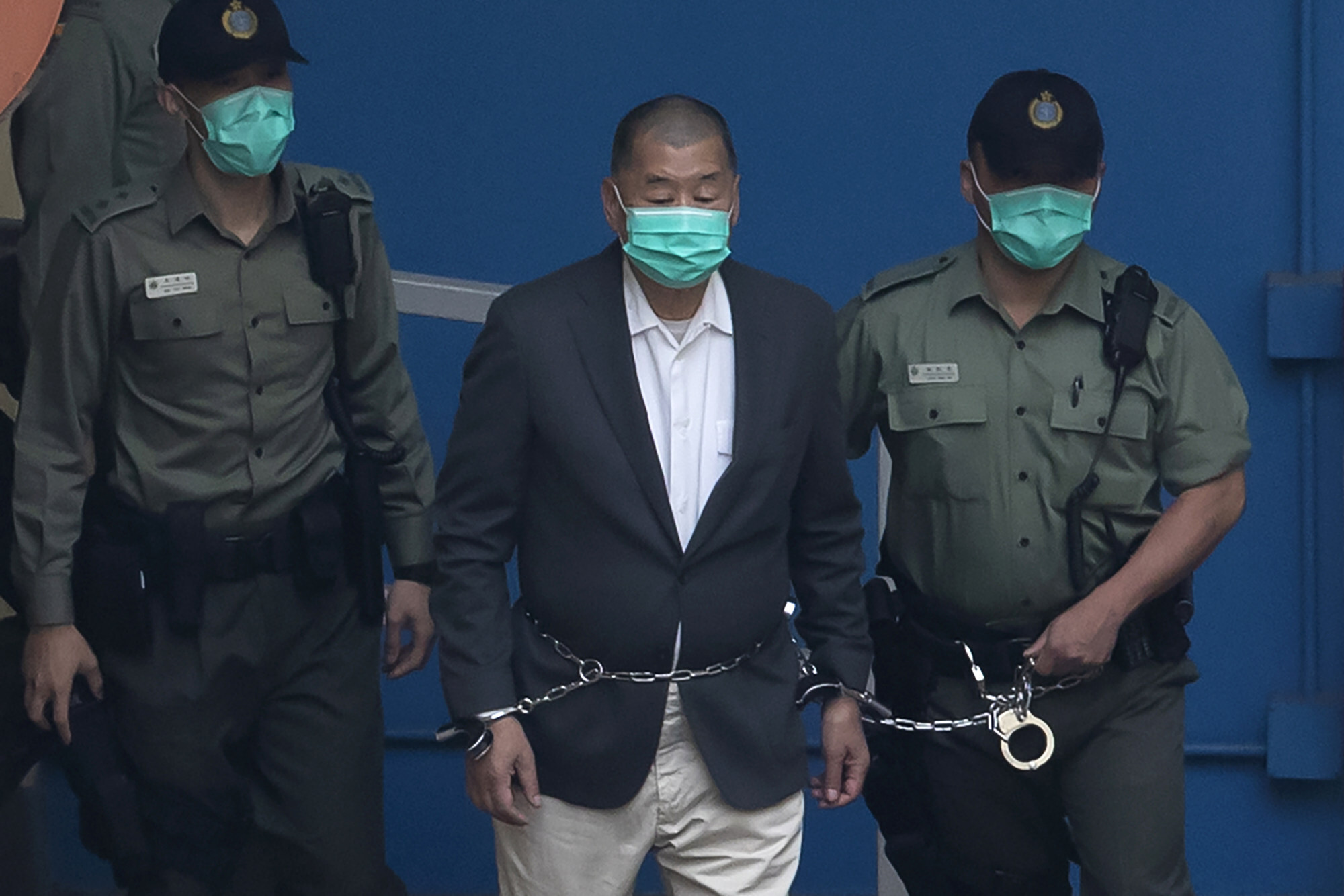
US, Japan, Britain, 18 other countries condemn loss of press freedoms in Hong Kong
- The ‘Media Freedom Coalition’ joint statement cites recent closings of Stand News and Citizen News as ‘suppression of independent local media’
- Beijing’s institution of the national security law on Hong Kong violates the Sino-British Joint Declaration of 1984, the statement contends
The United States, Britain, Japan and 18 other countries have condemned the governments of Hong Kong and mainland China for undermining press freedom in the semi-autonomous city and former British colony.

“These ongoing actions further undermine confidence in Hong Kong’s international reputation through the suppression of human rights, freedom of speech and free flow and exchange of opinions and information,” the statement said.
The remaining signatories of the “Media Freedom Coalition” statement were the governments of Austria, Czech Republic, Estonia, Finland, Iceland, Ireland, Italy, Latvia, Luxembourg, the Netherlands, New Zealand, Slovakia, Slovenia and Switzerland.
Asked to comment on the joint statement, the Chinese embassy in Washington pointed to an official response published by Beijing’s foreign affairs office in Hong Kong, which said: “Any attempt to interfere with Hong Kong affairs and exert pressure on us in the name of press freedom is doomed to failure.”
The response accused the signatories of teaming up “to vilify Hong Kong’s freedom of the press, interfered with the rule of law in Hong Kong, and supported anti-China elements in the city”.
The UN-registered treaty states that China’s basic policies regarding Hong Kong would “remain unchanged for 50 years”, including the promise that the city would retain a high degree of autonomy.


